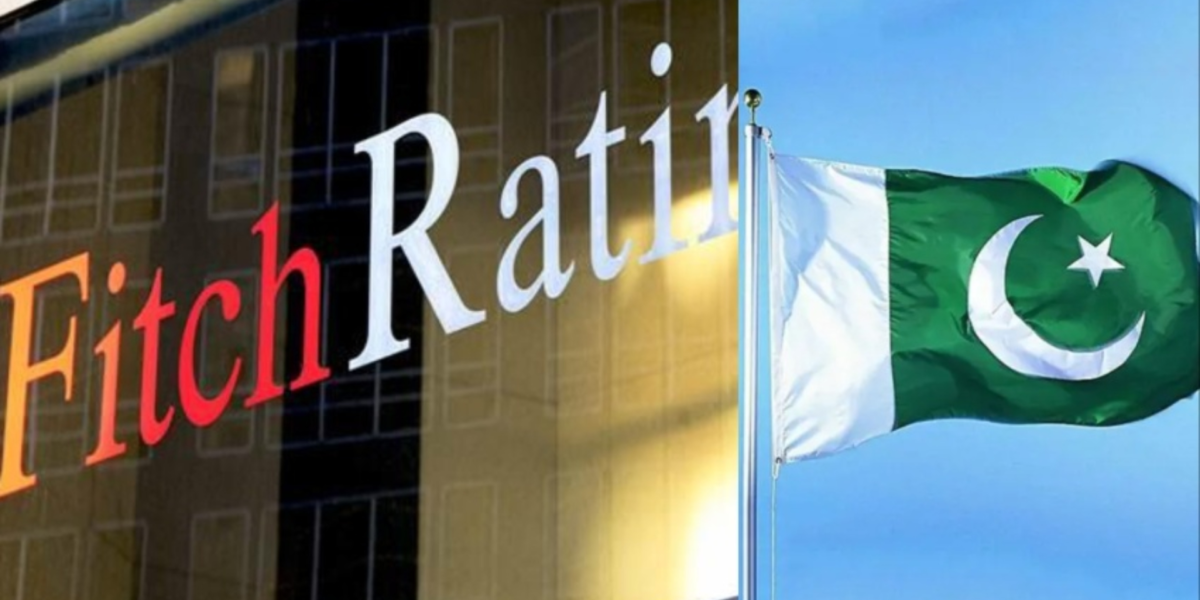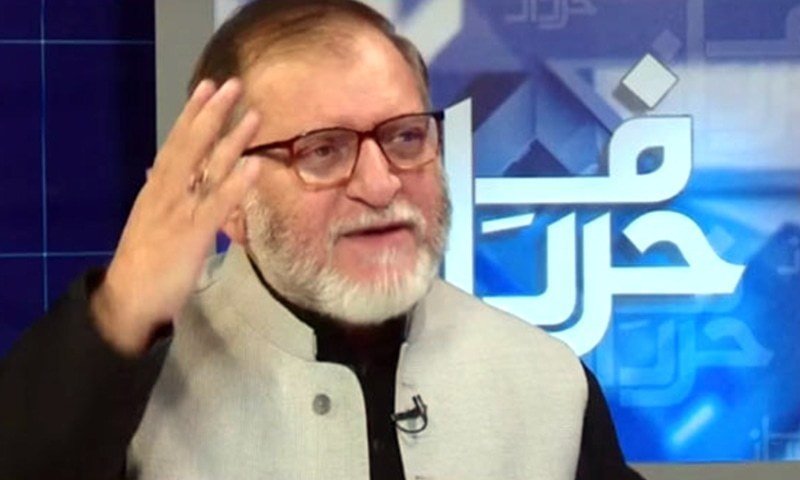WEB DESK: Global credit rating agency Fitch has upgraded Pakistan’s long-term foreign-currency issuer default rating (IDR) to CCC+ from CCC, a significant improvement driven by the country’s recent deal with the International Monetary Fund (IMF).
The upgrade, confirmed on Monday, reflects greater certainty over the continued availability of external funding due to Pakistan’s staff-level agreement with the IMF on a new 37-month, $7 billion extended fund facility (EFF).
Fitch previously upgraded Pakistan’s rating from ‘CCC-’ to ‘CCC’ last July following the approval of an IMF loan. Despite these upgrades, a CCC rating indicates a speculative or junk grade, signaling a high risk of defaulting on debt obligations.
“The upgrade reflects greater certainty over the continued availability of external funding,” Fitch stated. However, the agency cautioned that Pakistan’s large funding needs make it vulnerable if it fails to implement necessary reforms, which could undermine program performance and funding.
The IMF Board is expected to approve the $7 billion, 37-month program for Pakistan by the end of August. Before this approval, the government must secure new funding assurances from bilateral partners, including Saudi Arabia, the UAE, and China, totaling about $4-5 billion.
Fitch expressed confidence in this outcome, given the strong past record of support and significant policy measures in the recent budget for the fiscal year ending June 2025 (FY25).
In the previous IMF programme, Pakistan successfully completed a nine-month Stand-by Arrangement with the global lender in April. Over the past year, the government raised taxes, cut spending, and increased prices for electricity, gas, and petrol. Additionally, the government reduced the gap between the interbank and parallel market exchange rates by cracking down on the black market and regulating exchange houses.
Fitch noted that it does not assign outlooks to sovereigns with a rating of CCC+ or below. In December 2023, Fitch maintained Pakistan’s ratings at CCC, reflecting “high external funding risks amid high medium-term financing requirements.”
The Ministry of Finance termed the rating upgrade a “positive shift” in Pakistan’s economy, attributing the improvement to the IMF staff-level agreement. Market experts hailed the development as beneficial for the South Asian economy, which has experienced low economic growth over the past two years.
Read More: Govt to take action on 4.9 mn non-filers’ homes, assets, and cars: Finance Minister
Saad Hanif, Head of Research at Ismail Iqbal Securities, described the ratings upgrade as particularly important for attracting foreign investment. “The improvement in ratings indicates that Pakistan’s external funding risks have minimized owing to the IMF program,” he said, predicting that it would boost foreign direct investment (FDI) and short-term capital inflows.
Meanwhile, Fitch forecasted that the current account deficit (CAD) would remain relatively contained at about $4 billion (about 1% of GDP) in FY25, following approximately $700 million in FY24, due to tight financing conditions and subdued domestic demand.
The agency also highlighted that Pakistan’s foreign exchange reserves, although recovering, remain low. Official gross reserves, including gold, rose to over $15 billion by June 2024, from nearly $10 billion in June 2023, with expectations to reach nearly $22 billion by FY26, close to their 2021 peak.
Fitch acknowledged the State Bank of Pakistan’s (SBP) efforts in rebuilding FX reserves amid new funding inflows and limited CADs. The SBP’s narrower measure of net liquid FX reserves, excluding gold and FX reserve deposits of banks, recovered to over $9 billion by June 2024.
On the fiscal front, Fitch stated that half of the revenue effort under the EFF is frontloaded in the FY25 budget, which projects a headline deficit of 5.9% of GDP and a 2.0% primary surplus. Fitch’s forecasts assume partial implementation and project a primary surplus of 0.8% of GDP and an overall fiscal deficit of 6.9% of GDP in FY25, improving to 1.3% of GDP and 6% of GDP in FY26.
Politically, Fitch noted that the close outcome of the February elections delivered a weaker-than-expected mandate for Prime Minister Shehbaz Sharif’s PMLN party. The PMLN and its allies command only a slim majority in the National Assembly after a recent Supreme Court ruling reallocated reserved seats in favor of independents linked with former Prime Minister Imran Khan’s PTI party. Despite being imprisoned since May 2023, Imran Khan remains a popular figure.
PM hails upgrade
Prime Minister Shehbaz Sharif welcomed the upgrade and praised Finance Minister Muhammad Aurangzeb and his team. He underscored that the nation is beginning to see the benefits of sacrificing politics for the state’s sake, reflected in the improved economy.
PM Shehbaz expressed optimism about the new IMF program and its potential to boost economic activities in Pakistan. He also highlighted the recent 1% interest rate reduction by the State Bank of Pakistan as another sign of economic improvement, predicting that it would further reduce inflation and increase business activities.
In summary, the Fitch upgrade to CCC+ signals a positive shift in Pakistan’s economic outlook, driven by the IMF agreement and the government’s commitment to necessary reforms. However, continued progress and external support are crucial for sustaining the momentum.
















